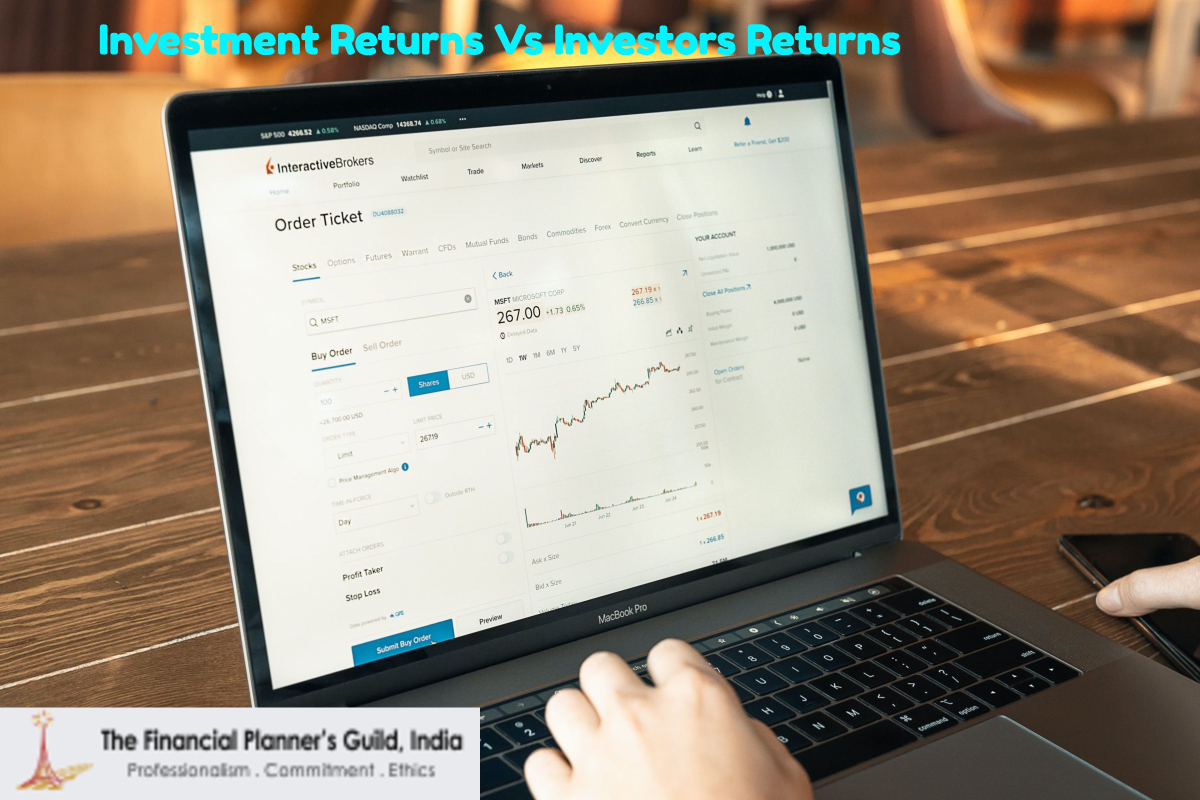
We all hear this very often that Equity is a long term asset class of prosperity / growth with its ups & downs in the shorter run, generating above inflation returns over a longer period and also theoretically agree to it. Besides, these points are very well proved during the last 30 year period of the existence of the BSE Sensex. The journey has been full of challenges and not one which can be ignored; having seen a number of turbulent events such as –
1. Natural calamities like Gujarat earthquake, droughts, famines etc.
2. Pokhran Nuke tests which brought in sanctions from the developed world.
3. Almost 10 Governments at the centre with various ideologies.
4. Finance Ministers with different agenda’s.
5. Riots, Iraq war, Kargil, oil crisis, etc
6. Scams: Bofors, Telecom, Enron, etc.
7. Harshad Mehta; Ketan Parekhs; Dotcoms.
8. 1993 mumbai blasts & decimation of New york World Trade centre.
9. Asian financial crises of 1997
10. Subprime mortgages, defaults, bankruptcies and many more…
The BSE Sensex which started from a base of 100 in 1979-80 reached roughly 19000 odd today, delivering an approximate return of 17% plus. And almost all 10 year rolling returns also have delivered similar returns, in spite of all the events listed above.
How many investors in Equity markets have earned these types of returns? Statistics say a very small number of investors actually earn even the benchmark returns (i.e. BSE Sensex’s 17%) though everyone wants to beat the market. In fact more than half the investors earn less than 50% of these returns which compels us to ask “Why is it so? “
Psychologist Daniel Kahneman says “Financial decision making is not necessarily about money”.
Even the father of value investing Ben Graham says “In the short term, the market is a ‘voting’ machine whereon countless individuals register choices that are product partly of reason and partly of emotion. However, in the long-term, the market is a ‘weighing’ machine on which the value of each issue is recorded by an exact and impersonal mechanism.”
That means it has a lot to do with our behaviour. So let’s examine our behaviours:
Fear & Greed: Generally we all pray for growth and prosperity for ourselves, our children and all our near and dear ones. However we would love to have the same without disturbances, challenges and twists and turns, isn’t it? In short we want all of it with a caveat called a smooth normal stable life etc.
We carry this same idea when it comes to investments also. We generally want good returns (we are actually greedy for above average returns) with the safety of a fixed deposit like instrument, since we fear losing money. Moreover we want it fast.
All of us are aware that the function of the Electrocardiogram is to reflect the state of life within us. The ECG of a living person is vibrant or volatile and that of a dead man is a straight line. And one will agree that we would never like to have an (ECG) with a straight line (which means death), isn’t it?
Hence if life would have been normal and stable, it would actually mean the straight line in ECG parlance? Which signifies that it is only through challenges and volatility in life that can bring opportunities and growth? Still we tend to forget this simple thing in real life situations.
Another example of our biased behaviour to equity can be enumerated below.
Most of us buy Gold with an objective of either
1. Consumption, i.e. making ornaments; or
2. Because of its utility in case of emergency; and
3. Of late for making fast money(Speculation)
Assuming that, we have bought gold as utility for emergency and if any crisis arises, do we really go ahead and sell the gold? It has been observed that in such scenarios, we look around for all the resources other than the available gold and actually end up holding gold at the cost of Equity. As Equity being a volatile asset, actually depreciates during such times and though the same was bought with the intent of serving a long term goal, it is sacrificed with the idea of not losing more.
Instead of introspecting our behaviour and actions we then get into the blame game & shy away from equities for a long period of time for being volatile and giving lower returns. In most cases we return when we see others making money from the same, most probably again entering at the wrong time and repeating the mistake of a bigger magnitude.
Optimism: We are very optimistic during good times forgetting that ‘gambling is a game of probability’. We turn opportunists with lot of risk appetite really not checking whether we have ANY appetite to take a loss too.
As Adam Smith, an investment writer in his book “The Money Game” says “If you don’t know who you are, then Wall Street is an expensive place to find out”.
Or as said by Donald Trump “Sometimes your best investments are the ones you don’t make.”
So to sum up, it’s very clear that “Time in the market, is more important than timing the market”. Controlling our behaviour is a big challenge. It is rightly said ‘Money has no emotions, but creates a lot of them’.
Basically we all talk about the principles of investment hero’s like Warren Buffet or our home grown Rakesh Jhunjhunwala, however we fail to walk the path in principle. It’s very important to enjoy the journey with all its ups & downs and create true wealth to meet all our needs & commitments for the future.
A financial planner can hand hold through the journey to a brighter investment experience with the blue print called “financial plan”.
FPG India ©2024. All Rights Reserved.
Designed & Developed by W3M Technoz
Comments are closed.